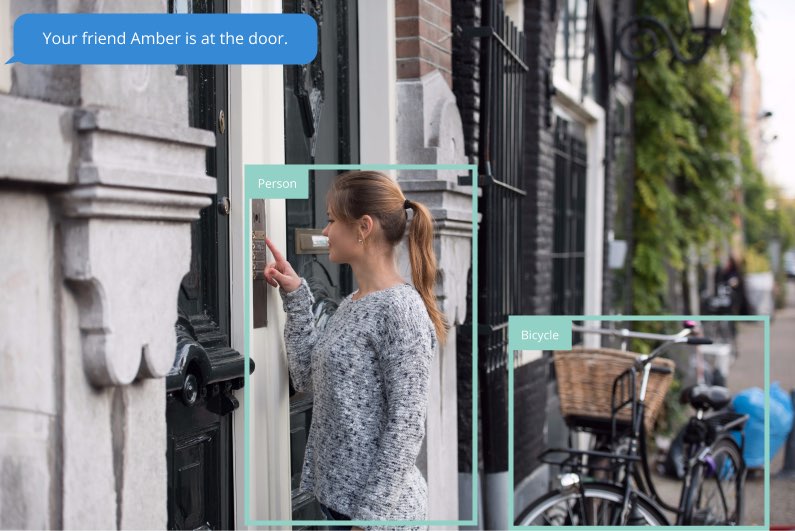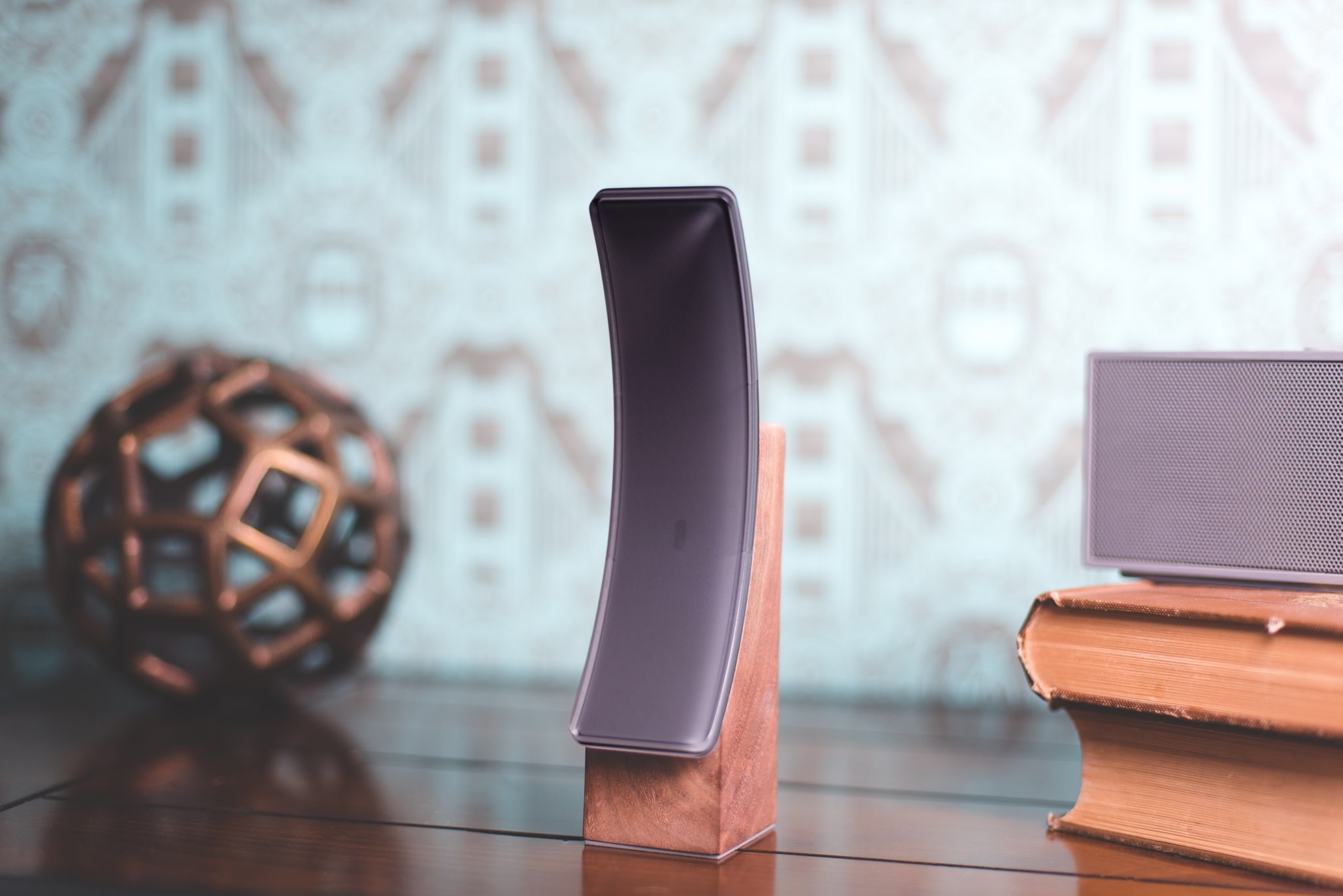
Apple has quietly acquired an artificial intelligence (AI) startup called Silk Labs, The Information reported yesterday citing sources familiar with the plans.
The deal occurred earlier this year and hasn’t been reported before.
The company specializes in making artificial intelligence software “lightweight enough to fit onto consumer hardware like cameras.” According to the Silk Labs website, their technology allows clients to embed instant cognition into their products.
The deal is yet another sign of Apple’s plans to advance Siri and AI, which is increasingly powering its devices. For instance, Silk technology could be put to use to improve Siri, Face ID, HomePod and more, with the unique selling point of privacy in the home.
Silk’s engine, specifically optimized for mobile devices, has been written from scratch to squeeze every ounce of performance from embedded mobile chipsets, offering what the company claims is the best in class on-device performance.
In 2016, San Mateo, California-based Silk Labs launched its Sense smart home monitoring camera on Kickstarter that uses the company’s proprietary AI technology to recognize multiple faces and pets, play music based on the user’s taste and more.

Silk Labs’ crowdfunded smart home camera, dubbed Sense, uses on-device AI
Their privacy-minded startup claims its algorithm only sends key video moments to the cloud rather than a constant stream. All user data is anonymized, meaning it’s not reversible back to the original content.
“Privacy and security is built into our company’s DNA,” per the Silk Labs website. “With every line of code we write and in every design decision we make, Silk takes great measures to ensure that user data on the Silk Intelligence Platform is fully protected at all times.”
User privacy, as you know, has been one of Apple’s mantras in the past few years.
The article states that Apple and Silk Labs “have spoken in the past” of similar preferences for more privacy-friendly AI that runs locally on personal devices.
Some of the features of the Silk technology include:
- People detection: Accurately detect the presence of a person in a variety of environments. Whether it be in the home, outdoors or in a store, Silk’s algorithms can detect a person under varying lighting conditions and occlusions.
- Object detection: Reliably identify any object using Silk’s deep learning-based algorithms. Leverage pre-trained models or use Silk’s tools to easily create your own object detection model.
- Facial recognition: Silk’s algorithms can recognize specific faces without a clumsy enrollment or training process. A single image is enough to identify the same individual over time.
- Audio detection: Audio cues are often just as important as visual indicators. Silk’s algorithm can detect unique audio signals to understand when a specific sound is heard.
Established in 2015 by Mozilla’s former Chief Technology Officer Andreas Gal along with Chris Jones and Michael Vines, Silk Labs is a small startup—they have received just $4 million in funding—which employs no more that half a dozen engineers.
Apple ushered in an era of the personal digital assistant with 2011’s Siri introduction, but rival AI helpers have since leapfrogged it. Apple is thought to be working to turn things around: recently, it has poached Google’s former AI chief John Giannandrea and has merged the core machine learning, Siri groups and numerous software engineers into a new team.
What do you make of this acquisition?
Let us know by leaving a comment below.
